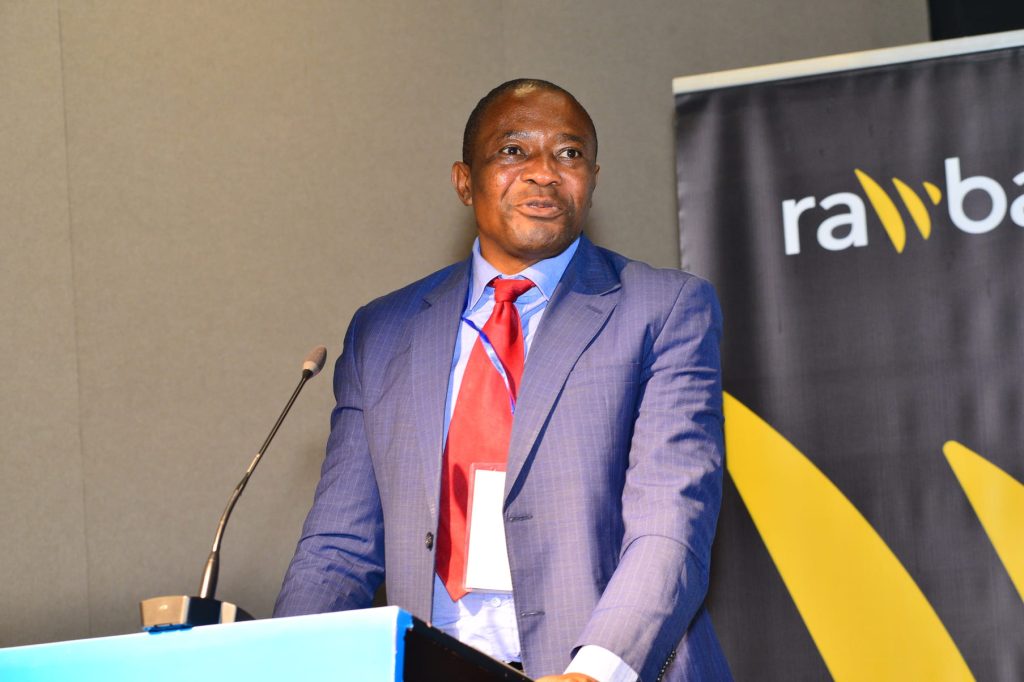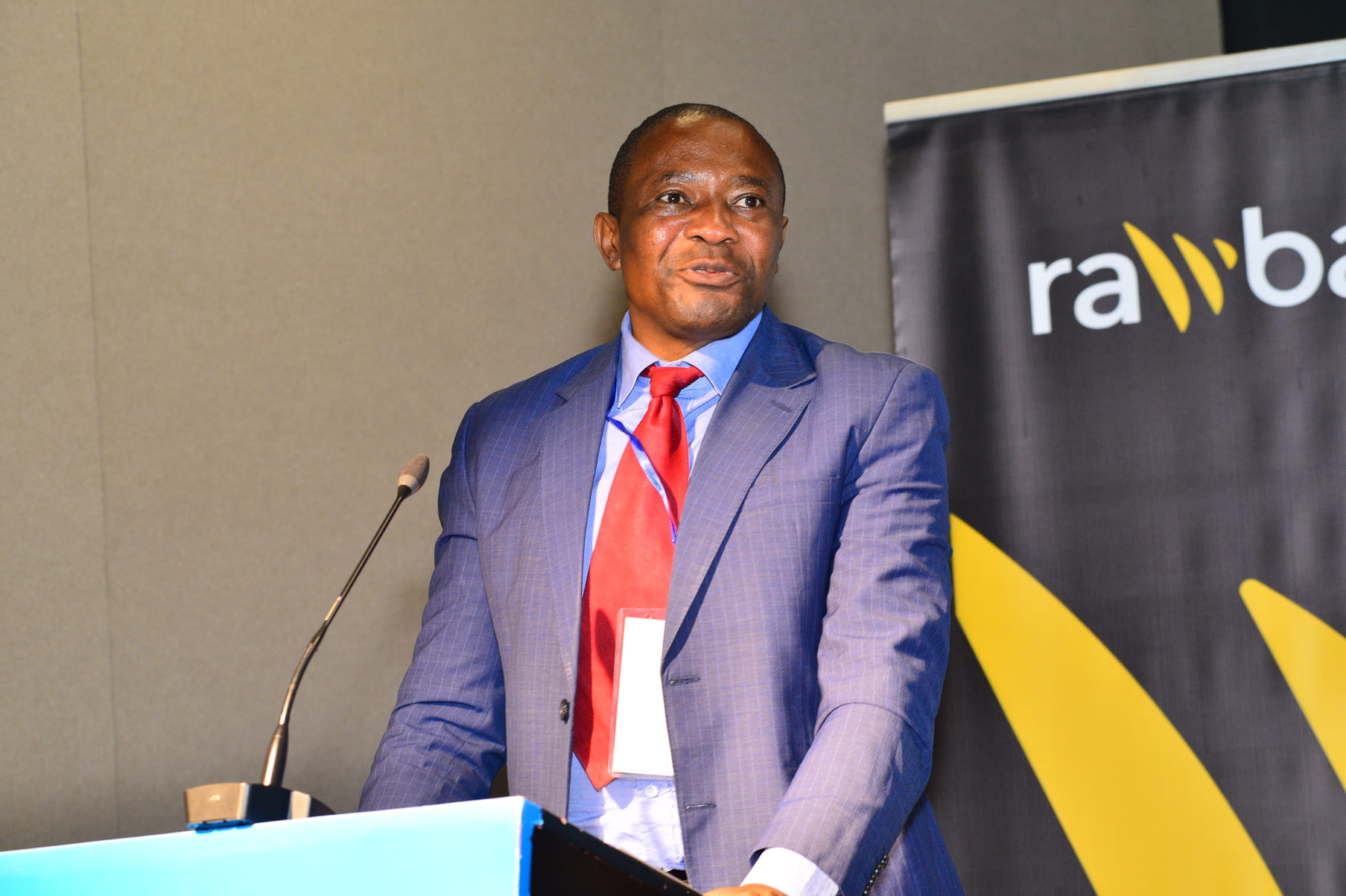In Kinshasa this week, the voice of Africa’s conservation movement resonated with urgency and pride. Opening the 15th General Assembly of the Consortium of African Funds for the Environment (CAFÉ), President Dr Théophile Zognou described the meeting not as a routine gathering, but as a historic moment for the continent and the planet.
Standing on Congolese soil, he invoked the memory of Patrice Emery Lumumba—born in the nearby village of Onalua—a symbol of courage and self-determination. For Dr Zognou, the symbolism was unmistakable: “The Congo is the green lung, not only of Africa but of the world. It must play the role of watchtower of our common home, which is the planet.”
Over the course of the week, policymakers, donors, indigenous leaders, environmentalists, and journalists are expected to confront one of the world’s most pressing challenges: how to safeguard Africa’s extraordinary biodiversity while building resilience against climate shocks. Dr Zognou underlined that the stakes extend far beyond Africa’s borders. A collapse of biodiversity here, he warned, would reverberate through the global economy—with African nations facing GDP losses up to 10% by 2030, compared to just 2% in advanced economies.
The President also made an unflinching call for fairness and responsibility. Africa contributes just 4% of global emissions, yet receives less than 5% of global climate finance. “Even when polluters decide to pay for environmental destruction,” he lamented, “they speak to us of aid—the famous aid. But Africa must take responsibility for finding the resources to finance our future.”

At the heart of his message was a dual commitment: to innovation and to tradition. While CAFÉ continues to explore modern financing mechanisms to protect biodiversity, Dr Zognou reminded delegates that indigenous peoples hold knowledge systems that have safeguarded ecosystems for generations. These ancestral practices, he insisted, “remain at the forefront of our policies.”
Citing the Kunming-Montreal Global Biodiversity Framework and the One Forest Summit, he underscored Africa’s central role in shaping global solutions. Yet without stronger political will and financial commitments, he cautioned, the ambition to halt biodiversity loss will remain out of reach.
In closing, his words echoed with conviction: “For Patrice Lumumba, Africa will write its own history. The time has come, without idealism, without taboos, and with the courage to seek our own answers. No one will come and do it for us.”
The call was unmistakable—Africa must not only guard the lungs of the planet, but breathe new life into its own destiny.

